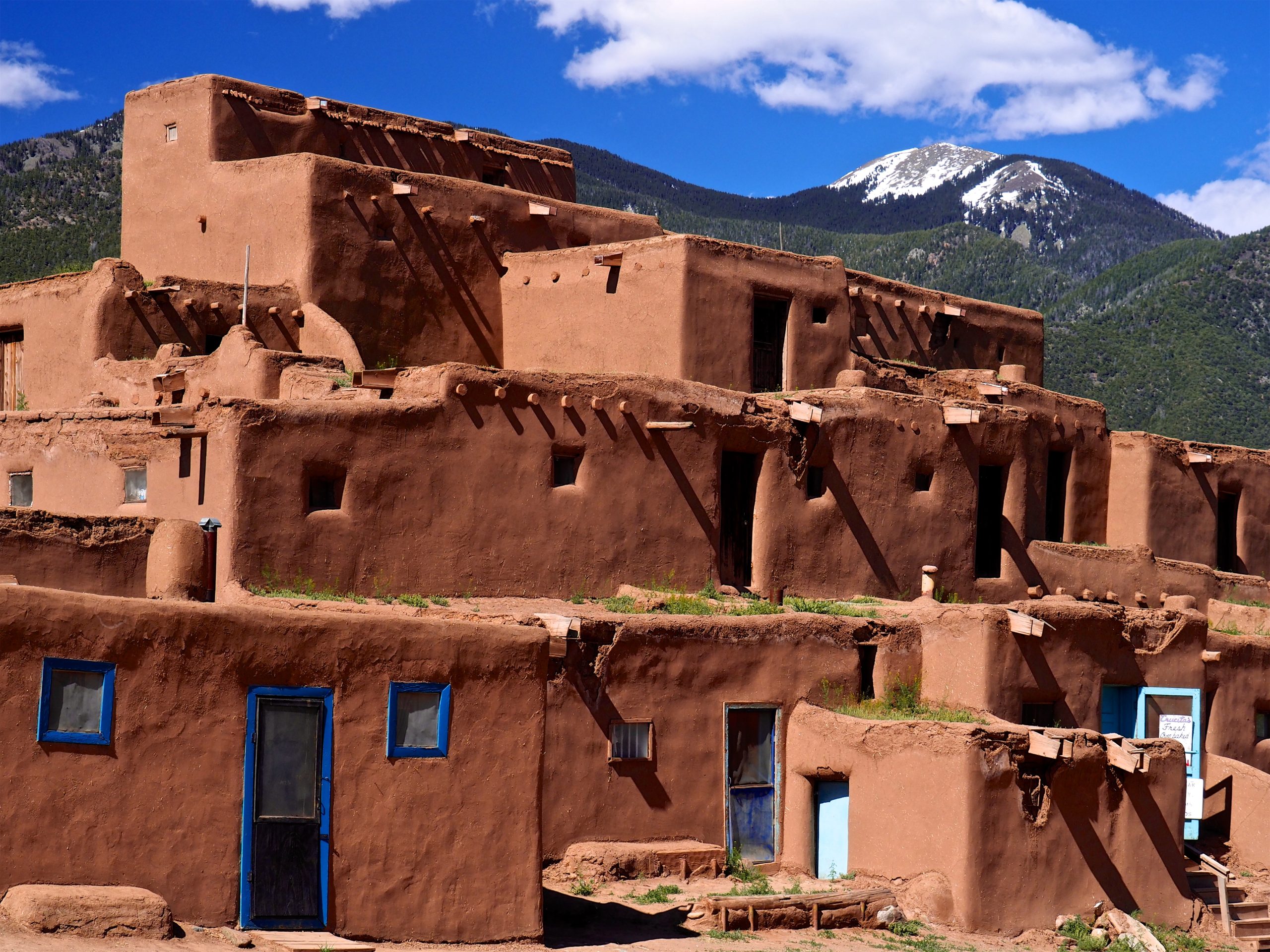The southwest: Snake sticks and ‘America’s first apartment house’
The first Spanish explorers called all native Americans the pueblo people

The southwest of America, as I learnt from the Doris Kindersley Eyewitness Guide, is a land of “spectacular contrasts”, mountains and desert, scorching summers and shiveringly cold winters.
Though the region is arid, the Pueblo peoples (pueblo is simply Spanish for village or town) “learnt to irrigate their crops from the little water available”. Not all of them became accomplished farmers but the Hopi and Zuni definitely did.
In fact, the rituals of the Zuni and Hopi Pueblo peoples, just like of the Papago (of the desert to the south, deep in Arizona) were often meant to persuade “the beings of the spirit world to bring rain”. They ritualistically set up snake sticks (symbols of lighting that comes with rain) in a kiva altar.
There is eye-catching mention that “America’s first apartment house” is in New Mexico’s Chaco Canyon. Quite simply that is the ruins of one of the greatest pueblos, the Pueblo Bonito. It’s described as “once a giant semi-circular building of 700 apartments, rising in terraces, it housed 1,200 people”.
Today, native Americans inhabit some 30 villages from the Rio Grande to northern Arizona.
Pueblo, as we know is Spanish for village, but the first Spanish explorers in the American southwest called all the native Americans the pueblo people. This, despite the fact they weren’t a single tribe, lived in independent villages and spoke different languages. In a sense, it was an example of the so-called ‘imperial gaze’, when Europeans in the colonies assumed an angle of vision that rendered whole continents and their people featureless for readers. (To be fair, this is not only a characteristic of European colonists, though Europeans did it from a position of power. South Asians, for instance, call all white people “angrez” or English, no matter if they are French, Icelandic or anything else.)

“Our battered suitcases were piled on the sidewalk again; we had longer ways to go. But no matter, the road is life”
– Jack Kerouac
Also read:

